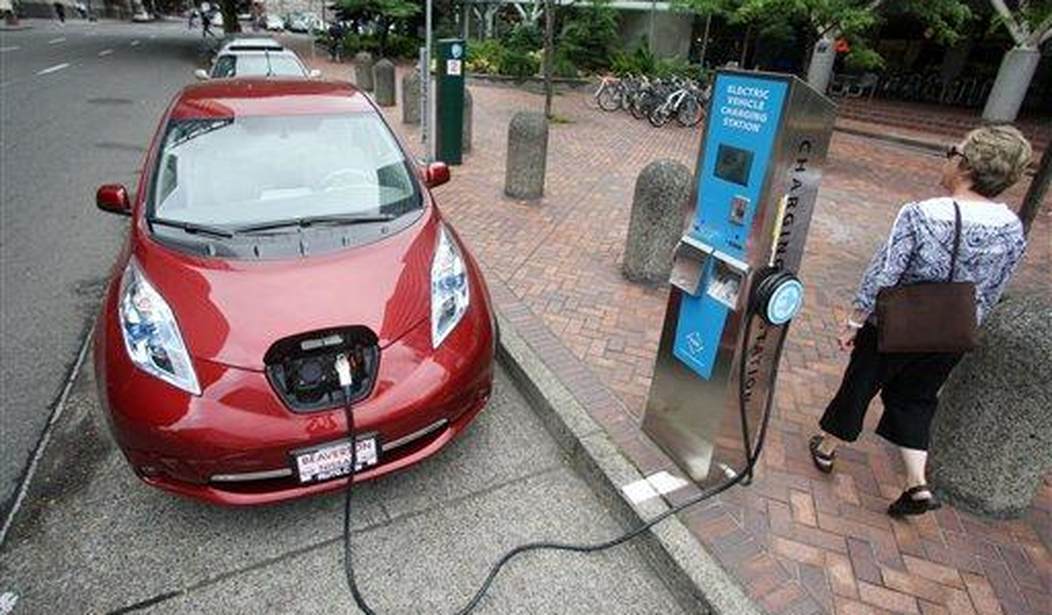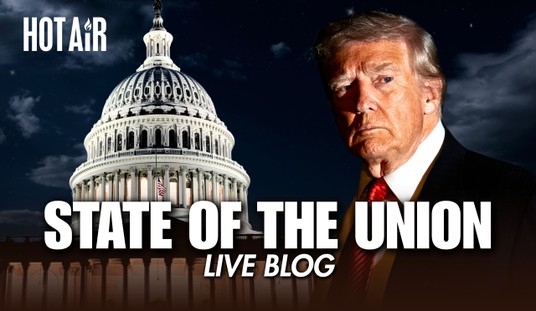More states around America are moving toward mandating the use of electric vehicles in an effort to “end fossil fuels.” But all of those vehicles have to be recharged on a regular basis. People with the ability to do so have primarily been charging their vehicles at home with slower Level 1 or Level 2 home chargers using a household outlet. But people living in some apartments don’t have that option and people who regularly take longer trips have to rely on the availability of commercial Level 3 fast chargers. The Boston Globe recently conducted an investigation to find out just how many such charging stations are available and how well they work. The results were nowhere near as great as the government would have you believe.
Reliability is a major issue, with chargers going offline for weeks or months at a time. Some stations charge by the minute rather than by the amount of electricity consumed, leading to unpredictable pricing. Others have multiple subscription plans or charge different rates at different times of day. Overall, there have been some significant price increases over the past few months.
“It seems like there are so many factors at play,” said Ed Harrison, a Nissan Leaf owner in West Newton who prefers to charge at home as often as possible. “If I’m doing it elsewhere, it’s because I have to, so I’ll pretty much pay whatever they charge me.”
The best news coming from the investigation was for Tesla owners. Tesla charging stations were the most plentiful and generally convenient to use. But in most cases, those chargers can only be used by Teslas. The company has started making changes so other types of cars can use them, but they charge extra for the privilege.
Price is a consideration for all EV owners and in Massachusetts, it can be something of a crap shoot. Electrify America is the company with the largest number of publicly available fast chargers in the state and they just raised their prices by 16 to 19 percent. Their competitors have similarly raised prices and added new fees. They are blaming rising utility prices, so this is yet another result of the Biden energy crisis.
Prices are far from consistent. Some stations charge by the kilowatt-hour while others charge by the minute. The Globe found some stations that charge different rates at different times of the day with no explanation as to why. In other words, drivers frequently have no idea how much it will cost to quickly recharge their car and get back on the road.
The stations charging by the minute create another obstacle for EV owners. Not all vehicles charge at the same rate. The Globe offers a glaring example where the GMC Hummer EV (which costs more than $100K) literally charges five times faster than the Chevy Bolt EV, costing around $30K. That means that the Bolt owner will pay five times more than the Hummer owner to recharge the vehicle at the same station.
And that all assumes you can find a charger that works. While the Tesla chargers were almost all functioning properly, other stations had chargers that were out of service for weeks or even months at a time. And the further you get from the center of a major city, the fewer stations you will find. In areas with only one or two charging stations, the lines can become quite long if some or most of the chargers are out of service when you arrive.
The government is still issuing huge grants for new charging stations to be brought online. But that grant money isn’t going to last forever. Until the situation improves, an EV may work out for you if you rarely travel far from home and have a predictable schedule and a driveway. But many others won’t find it so easy to “go green” even when the government demands that they do so.









Join the conversation as a VIP Member